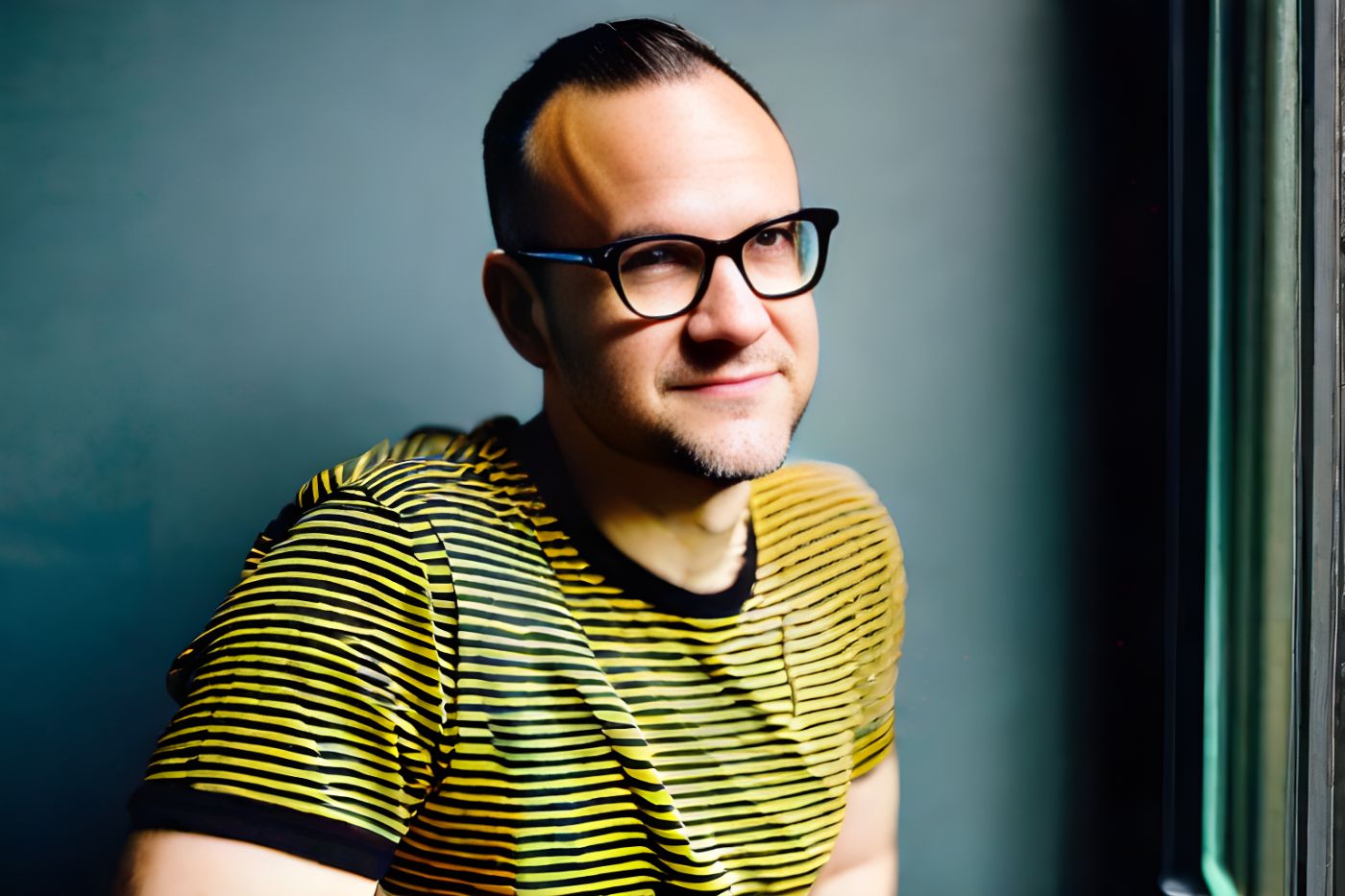ABOUT THE BOOKSTORE DEDICATIONS
Sep 23, 2023

Blogger, journalist, sci-fi author, Boing Boing co-editor. Copyright activist, Creative Commons supporter.
Blogger, journalist, sci-fi author, Boing Boing co-editor. Copyright activist, Creative Commons supporter.
Sep 23, 2023
Sep 23, 2023